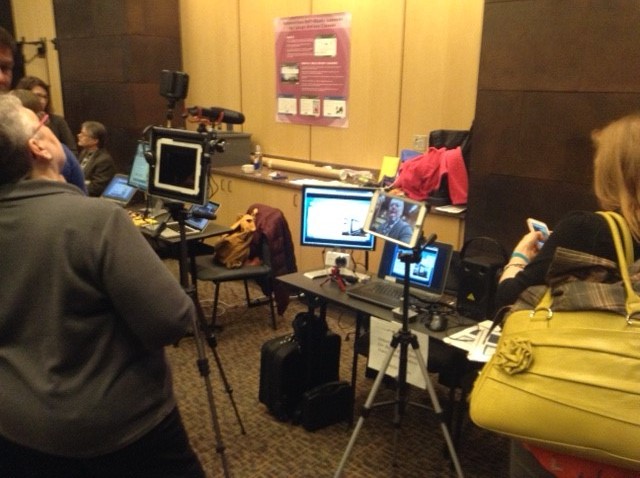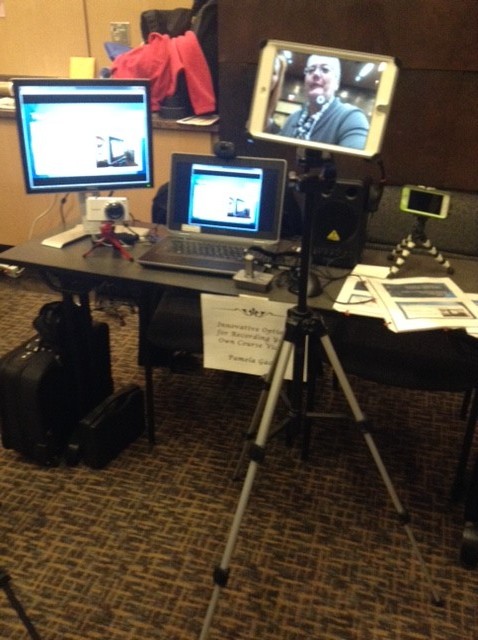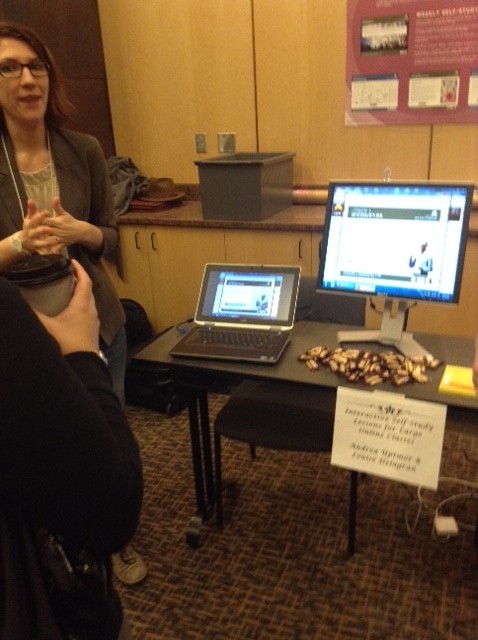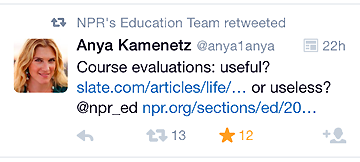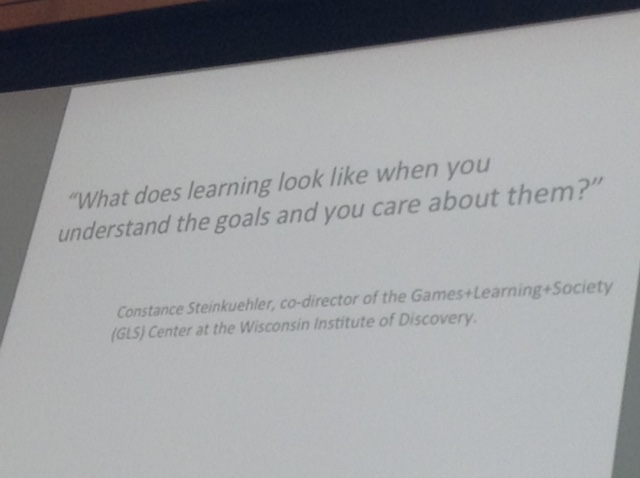Exploring the personal and professional factors associated with student evaluations of tenure-track faculty
Published: June 3, 2020 https://doi.org/10.1371/journal.pone.0233515
Tenure-track faculty members in the United States are evaluated on their performance in both research and teaching. In spite of accusations of bias and invalidity, student evaluations of teaching have dominated teaching evaluation at U.S. universities. However, studies on the topic have tended to be limited to particular institutional and disciplinary contexts. Moreover, in spite of the idealistic assumption that research and teaching are mutually beneficial, few studies have examined the link between research performance and student evaluations of teaching. In this study, we conduct a large scale exploratory analysis of the factors associated with student evaluations of teachers, controlling for heterogeneous institutional and disciplinary contexts. We source public student evaluations of teaching from RateMyProfessor.com and information regarding career and contemporary research performance indicators from the company Academic Analytics. The factors most associated with higher student ratings were the attractiveness of the faculty and the student’s interest in the class; the factors most associated with lower student ratings were course difficulty and whether student comments mentioned an accent or a teaching assistant. Moreover, faculty tended to be rated more highly when they were young, male, White, in the Humanities, and held a rank of full professor. We observed little to no evidence of any relationship, positive or negative, between student evaluations of teaching and research performance. These results shed light on what factors relate to student evaluations of teaching across diverse contexts and contribute to the continuing discussion teaching evaluation and faculty assessment.
A defense of student evaluations: They’re biased, misleading, and extremely useful.
The answer requires us to think about power. If you look hard at the structure of academia, you will see a lot of teachers who, in one way or another, lack power: adjuncts and term hires (a large population, and growing); untenured faculty (especially in universities like mine); faculty, even tenured faculty, in schools where budget cuts loom; graduate students, always and everywhere. You might see evaluations as instruments by which students, or administrators, exercise power over those vulnerable employees. But if you are a student, and especially if you are a student who cares what grades you get or who needs recommendations, then teachers, for you—even adjuncts and graduate teaching assistants—hold power.
Chairmen and deans also need to know when classroom teaching fails: when a professor makes catastrophically wrong assumptions as to what students already know, for example, or when students find a professor incomprehensible thanks to her thick Scottish accent. My note: indeed, when chairmen and deans KNOW what they are doing and are NOT using evaluations for their own power.
Student Course Evaluations Get An ‘F’ : NPR Ed : NPR
Philip Stark is the chairman of the statistics department at the University of California, Berkeley. “I’ve been teaching at Berkeley since 1988, and the reliance on teaching evaluations has always bothered me,” he says.
Stark is the co-author of “An Evaluation of Course Evaluations,” a new paper that explains some of the reasons why.
Michele Pellizzari, an economics professor at the University of Geneva in Switzerland, has a more serious claim: that course evaluations may in fact measure, and thus motivate, the opposite of good teaching. Here’s what he found. The better the professors were, as measured by their students’ grades in later classes, the lower their ratings from students.
“Show me your stuff,” Stark says. “Syllabi, handouts, exams, video recordings of class, samples of students’ work. Let me know how your students do when they graduate. That seems like a much more holistic appraisal than simply asking students what they think.”
Academy of distinguished teachers, Innovation
University of Minnesota, McNamara Alumni Center – Twin Cities Campus. April 8, 2015
Full program available here: https://guidebook.com/g/adt/
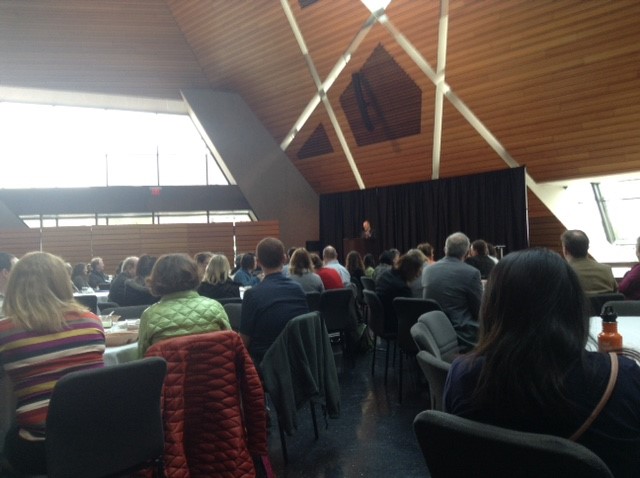
Randy Bass
Randy Bass
https://www.linkedin.com/pub/randall-bass/14/94/77
flipping disruption into Design
there are two type of universities: the ones that are in control of change and the ones, which are pressed to change.
what kind of education is needed at this moment of history.
Assumptions: 5-10 years will be for a first time outcompeted in terms of delivering information and degrees. What is that the university can do distinctively well that WWW cannot do: mentored learning and the arc of learning (beyond collection of granular separate learning)
book: The New Division of Labor. http://www.amazon.com/The-New-Division-Labor-Computers/dp/0691124027
External forces of potential disruption: 1. MOOCs, nearly free education, 2. skilled-based learning (Codeacademy, Udacity), 3. data analytic 4. public pressure on access, metrics of impact.
Gartner group (http://www.gartner.com/technology/home.jsp) hype cycle : overvalued in a short term and undervalued in a long term. MOOC is excellent example.
NMC: competing models of education.
learning analytics. adaptive learning, intelligent tutoring etc. Open Learning Initative. http://oli.cmu.edu/
In the 19th century, railroads companies which were in the business of railroad companies went under; the ones which were in the business of transportation survived. Parallel, universities, which are in the business of delivering information will die out; the ones, which will survive must look to a very different picture.
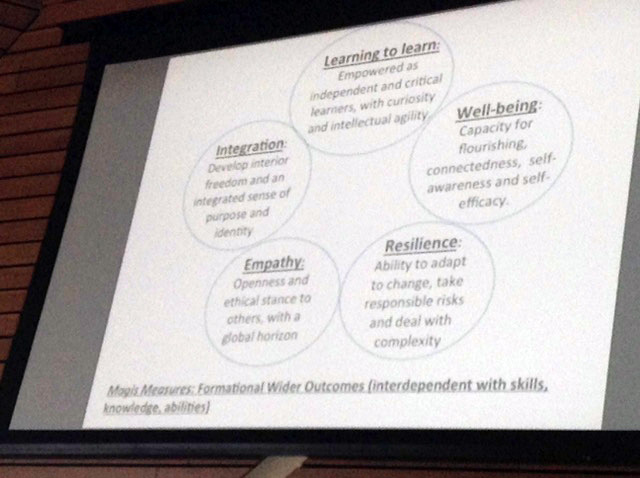
formative wider outcomes
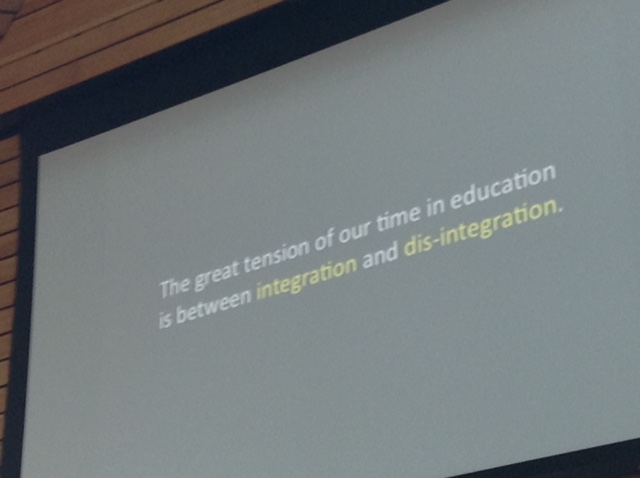
integration and dis-integration
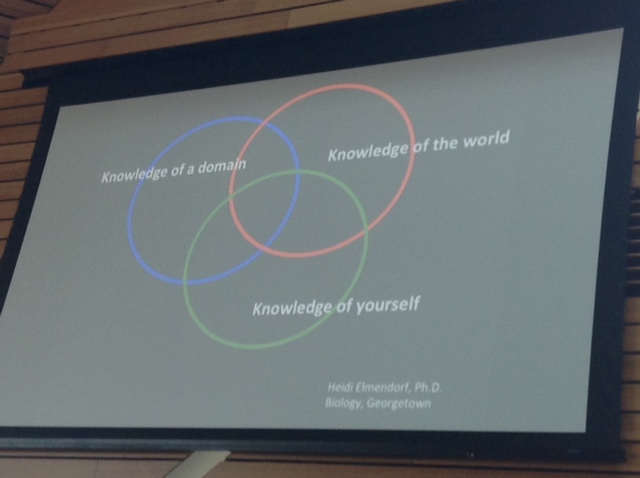
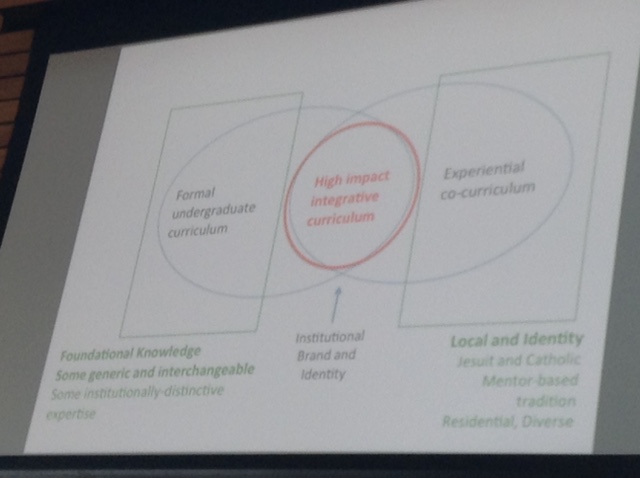
high impact integrative curriculum

what makes high inpact practices high impact
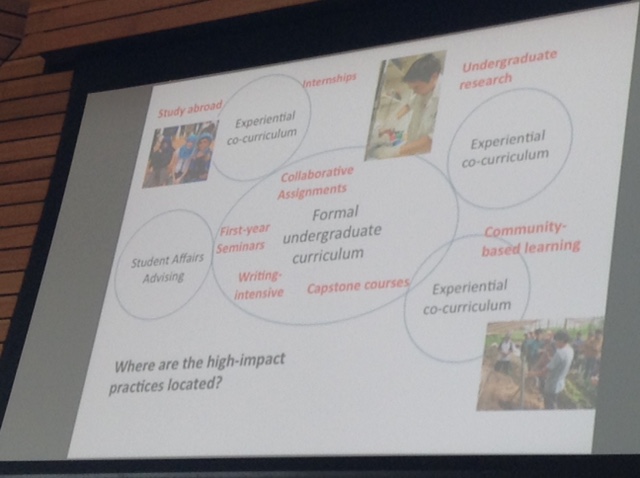
formal versus informal
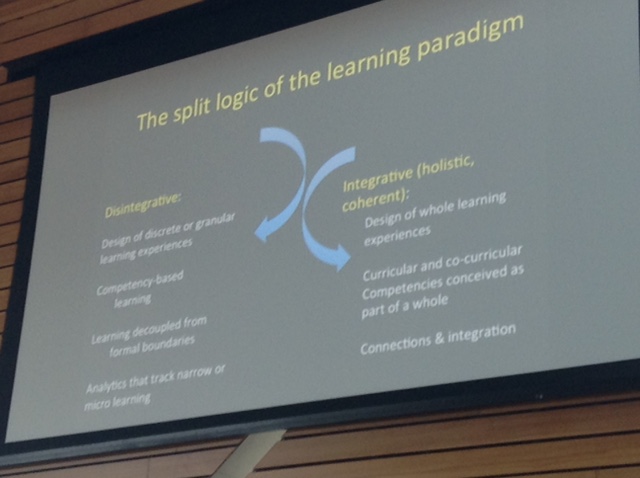
Selected sessions:
The Value of Assessing Outcomes of Teaching Methodologies to guide instructional design
https://guidebook.com/guide/33541/event/10594685/
game-based learning:
Upping your Game – Best Practices in Using Game-Based Learning
https://guidebook.com/guide/33541/event/10594684/
Implementing Game Dynamics in Moodle
https://guidebook.com/guide/33541/event/10693434/
visuals:
Engaging Students through Video Integration
https://guidebook.com/guide/33541/event/10676389/
https://guidebook.com/guide/33541/event/10676375/
Using Flipgrid Video Commentary to Share Student Learning
https://guidebook.com/guide/33541/event/10676361/
————
Enhancing learning with online narrated presentations using VoiceThread
https://guidebook.com/guide/33541/event/10676372/
flipped:
Essential Technology & Tools for Flipping Your Classroom
https://guidebook.com/guide/33541/event/10676385/
Improving Delivery of Technical Course Content through Incremental Use of Classroom “Flipping”
https://guidebook.com/guide/33541/event/10676376/
https://guidebook.com/guide/33541/event/10594850/
The Pros and Cons of Flipping the Classroom
https://guidebook.com/guide/33541/event/10676323/
Using Google Forms for Student Group Evaluations
https://guidebook.com/guide/33541/event/10734863/
Library:
The University Libraries Partnership for Affordable Content – Enhance Student Learning and Save Them Money!
https://guidebook.com/guide/33541/event/10676358/
CRS Tophat:
Using Classroom Debates as an Interactive Learning Tool in a Course on Companion Animal Ethical Issues
https://guidebook.com/guide/33541/event/10676369/
online:
Adapting the Harvard Case Method for Online Courses
https://guidebook.com/guide/33541/event/10595018/
Readiness Assessment for Online Courses
https://guidebook.com/guide/33541/event/10595040/

technology showcase general view
